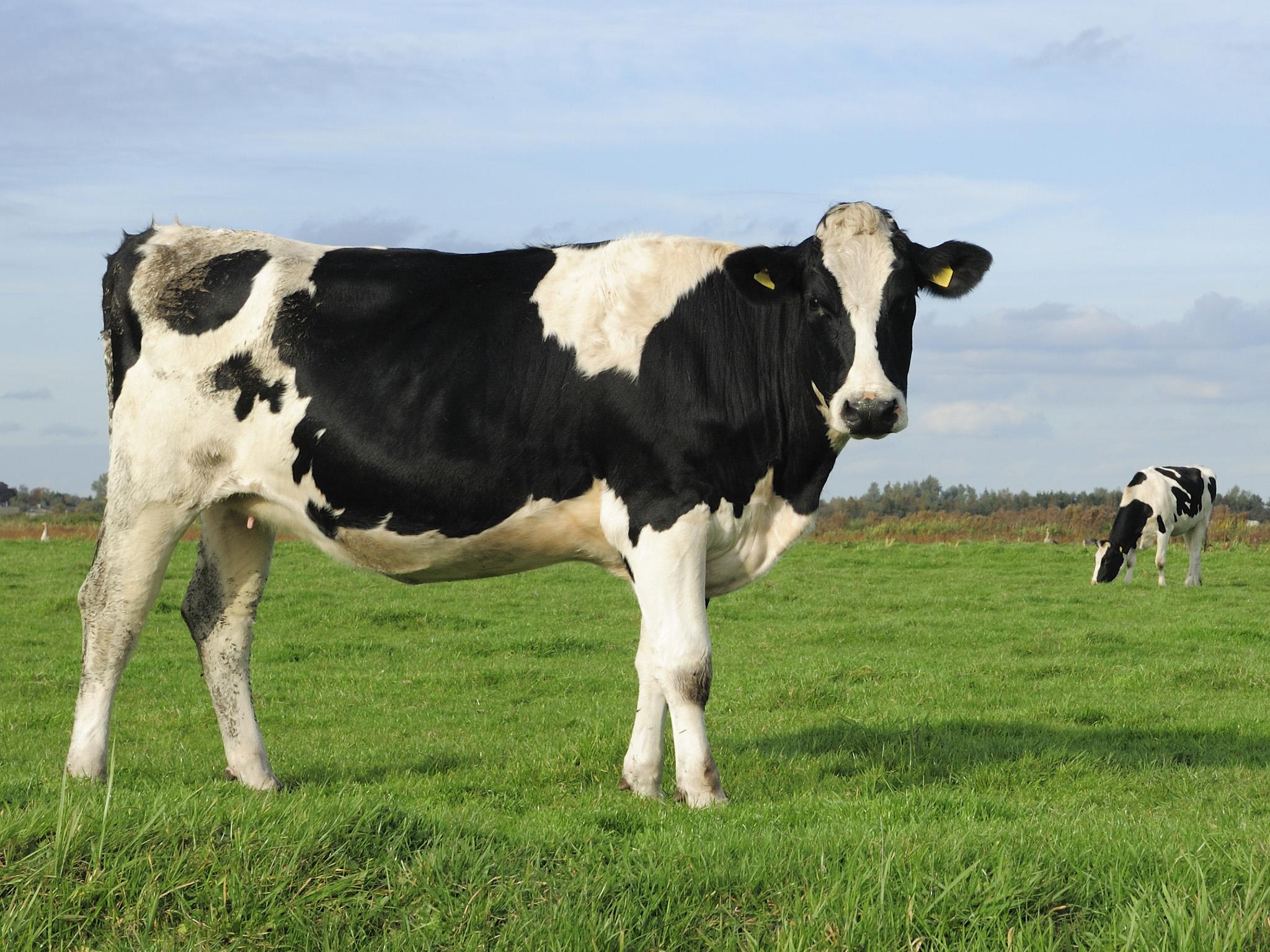Why are farmers suddenly so worried about a no-deal Brexit?
Analysis: Leaving the EU without any deal at all in place would be a double blow for UK food producers, as Sean O'Grady explains


It is a tough conundrum. During the 2016 Brexit referendum, the countryside was seemingly covered in huge billboards, presumably placed there by farmers and landowners, urging a Leave vote.
And yet now, as the outraged response from the National Farmers’ Union makes clear, agriculture seems set to be one of the biggest losers from Brexit, especially under the no-deal scenario currently under discussion.
Their fear, if not their earlier voting record, is easily explained.
On the one hand, much of British farming is protected by the European Union’s common external tariff regime. This is basically an import tax on products such as meat, dairy products, cereals and sugar from the rest of the world, ranging up to almost 40 per cent. It has helped such business survive and prosper, in some cases, and helps to fund the common agricultural policy. From there the money is used to support farm prices and incomes. (Not all types of produce are inside the CAP: for example, apples, cabbages and carrots are excluded.)
Take those EU tariffs away, or reduce them, and those who make their livelihood from, say, wheat crops, will find themselves squeezed or perhaps driven out of business by overseas competition. Cheaper products from the rest of the world – Australia, Argentina, Africa, the US – would soon undercut the British equivalents, leading to lost orders, lower prices, redundancies and bankruptcies.
Brands such as Weetabix or McVitie’s can source ingredients such as sugar and grain just as easily from America as, say, East Anglia. Partial government promises about future farming financial support are only of limited comfort – those subsidies may not exist for ever.
On the other side, if the EU were to maintain its existing tariffs and then slap them on British agricultural exports, farmers would find themselves effectively locked out of their close European markets. The EU might also implement costly and time-consuming customs checks on perishable goods and live exports, and require certification under “rules of origin” for the likes of confectionery and frozen meals.
Everything from Scottish salmon and Welsh oysters to English beef and frozen cod pie would be badly hit in such conditions.
So hard Brexit would be a colossal double whammy, impoverishing already vulnerable countryside industries in a way not seen since the depression of the early 1930s. For an economist, the argument is a classic example of the consumer interest (cheaper food bought at the lowest possible prices on world markets) being set against the producer interest (maintaining farming incomes).
Either way, it is probably not tactful or helpful to remind people in our rural communities that many of them voted for Brexit.
Got an unanswered question about Brexit? Send it to editor@independent.co.uk and we’ll do our best to supply an answer in our Brexit Explained series
Join our commenting forum
Join thought-provoking conversations, follow other Independent readers and see their replies
Comments